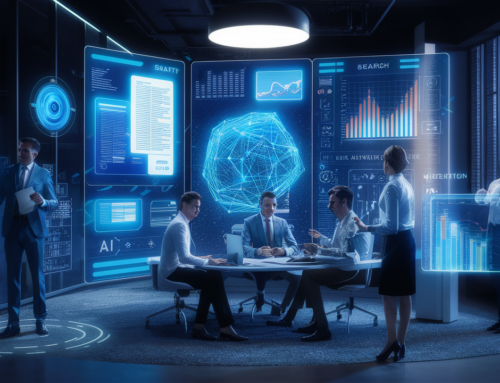
Why do lawyers love working on a Virtual Data Room:
1. More work gets done per day:
Lawyers can work on more transactions in a shorter period of time because they can access the confidential documents required for due diligence within minutes. All they need is access to their laptop and an internet connection, something which has now become as ubiquitous as water! What this means is that more work get done per day because less time is wasted in traveling to the location where the documents are present. This also means that the time saved can then be used to work on another transaction, increasing productivity and improving the number of billable hours per day for the firm.
2. They immediately find out the status of pending work:
They can easily track the documents they have already read and the ones that are still pending by using the Virtual Data Room’s feature to highlight the ones that they still need to work on. When lawyers are going through hundreds of documents which contain thousands of pages, it can become a nightmare to keep a track of what has already been read and what hasn’t. The use of technology nullifies this stress completely.
3. Questions and Answers are a click away:
They can easily ask questions and get responses while keeping a track of all the details in an easily exportable excel sheet. They no more have to request for a meeting and be strapped for the time they have to clarify their doubts. When they have a query they simply click on the question mark icon next to the document and type out what they want answered. The recipient then gets an email alert of the query, logs on to the Virtual Data Room and responds. Its really that simple!
Now that we know why lawyers love their data rooms, let’s have a look at why some aren’t big fans of the technology:
1. Lawyers love paper:
They have gone through years of studies through law school and read thousands and thousands of documents in paper format. Transitioning from this habit to reading on a screen is something that the senior lawyers detest which is why they push the clients to get printing rights for the data they’ve been given access to on the Virtual Data Room.
2. Laptops don’t allow them to take side notes:
Lawyers like to circle, underline and mark side notes in the margins of the documents that they are reading. Restricted access on computers which only makes confidential documents read-only does not allow for the ability to highlight, underline or take notes on pages. So lawyers need to take ensure that they write the name of the document, the page they are looking at and the line they want to comment on. The extra steps makes some of them cringe.
3. Face to face interaction is minimal:
Some lawyers love the to and fro that was required to go through legalities. The constant face to face interactions also lead to the building of relationships over time. The Virtual Data Room has cut this down to a minimal in the interest of higher productivity and higher time saving. As you imagine, many prefer the older ways of getting things done!
Conclusion
Lawyers are an integral part of any due diligence process. Without their active role, no M&A deal would conclude! As the M&A industry has evolved, the virtual data room industry has mushroomed to cater to its needs. Similarly lawyers have had to adapt to the use of technology to get work done faster and more efficiently.
The virtual data room has changed the day to day work habits of the legal profession. Now instead of spending time traveling from one office to another to get access to the documents, lawyers can actually work on multiple due diligence processes at the same time from their very own office. This enables lawyers to get more done in less time. What’s more, virtual data rooms have enabled lawyers to easily know which documents have already been read by them and which ones are still pending, enabling them to keep track of progress in seconds.
Having to read hundreds of highly confidential legal documents lawyers have to spend their days going through all the nitty gritty details to protect their clients interests. Reading these documents on paper makes life easier for some as they can mark out comments on the sides of pages. Getting questions answered face to face has been the way the process has worked in the past and some found this aspect to be the best part of the job because it created a more human element to the work. This tradition has now been cut to a minimal and replaced by the powerful Q&A feature in the virtual data room. The sell side parties respond to legal queries in detail, maintaining an audit of who asked what, when and who responded to it at what time and which date, demonstrating the level of detail incorporated to protect everyone’s interests.
Some old school lawyers might hate using a virtual data room but the younger ones love what the technology offers in terms of time saving and productivity. If you are a lawyer, are you currently doing due diligence on any virtual data room? Do you also have this love hate relationship with the technology? Let us know about your thoughts below.



